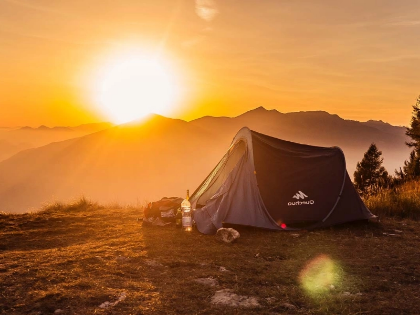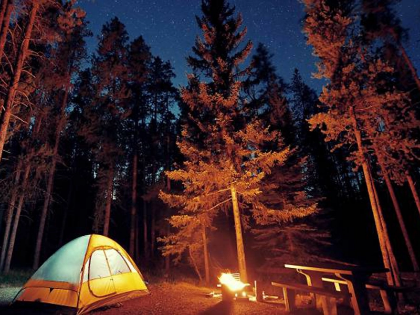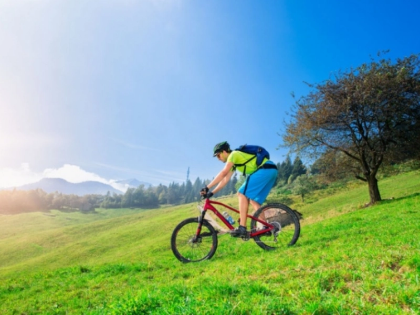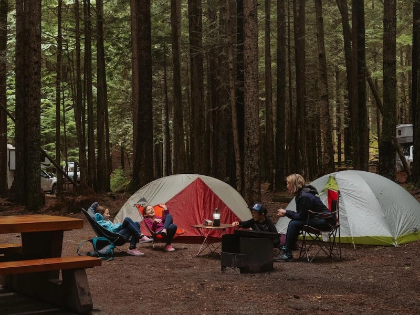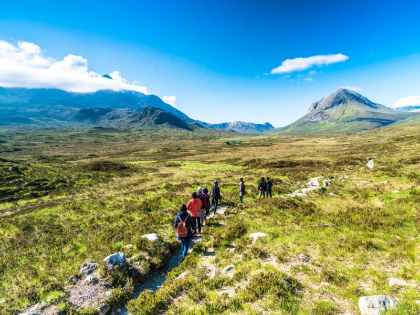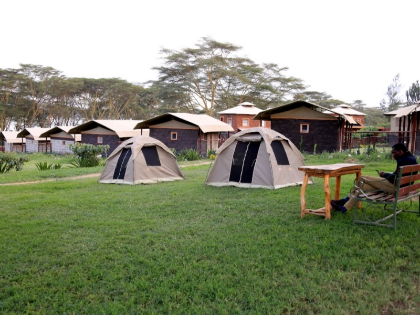Do Women Make Better Rock Climbers?
Climbing is no longer a boy's club, as an increasing number of women are demonstrating. The younger generation is becoming interested in the sport because of their success.
Men and women perform differently at the elite levels of various sports, such as sprinting and marathon running. But in climbing, this difference is little to nonexistent.
Power
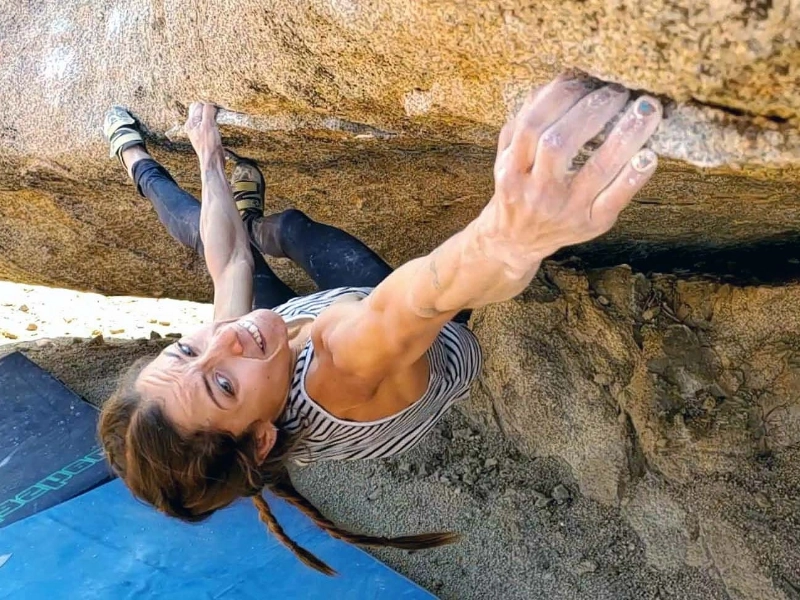
The sport of climbing is very complex and significantly dependent on footwork and balance. Women can climb more routes and issues without being forced to use their upper body power to pull themselves up because they typically have a superior awareness of these things.
However, this does not imply that female climbers are exempt from the requirement to strengthen their upper bodies. Girls who have trouble getting their fingers on specific holds, particularly those with shorter arms, can greatly increase their success rate by addressing this issue, particularly on steep and powerful terrain.
It's also important to keep in mind that climbing is a very complicated and diverse activity, making it difficult to compare performance using benchmarks like weighted pull-ups or other simple strength or endurance measures. Nevertheless, research indicates that on these kinds of assessments, women often advance more quickly than men. Hormone variations during the menstrual cycle may be the cause of this.
Method
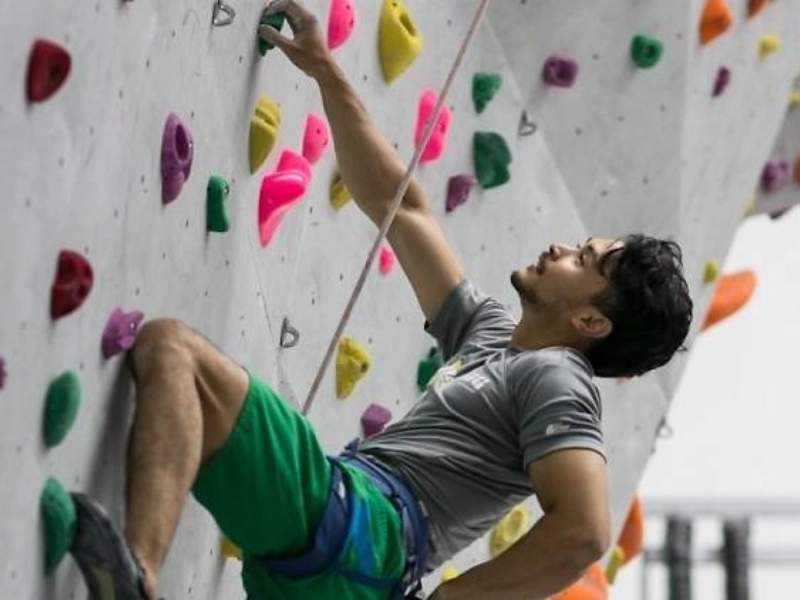
Ashima Shiraishi, a Japanese climber, is among the world's top female rock climbers, standing at 5-foot-1 and weighing 100 pounds. But her greatness lies in much more than just her size. She knows that having a strong ankle is essential to her climbing and that body movement and footwork are far more significant than raw upper-body strength.
You can move up the wall more easily and controllably with proper footwork, whether you're on a route or a bouldering wall. Maintaining equilibrium is essential for navigating challenging paths. Try standing five inches in front of the wall and keeping your feet off the wall for thirty seconds if you want to work on your balance.
Your balance will improve the more you perform this workout. Another option is to try pushing up against the wall with your arms; just be careful not to lose your balance by keeping your hips inside. This easy practice will provide you with a more comprehensive approach to technique improvement by enabling you to evaluate how your climbing is affected by your balance.
Height

When climbing, those that are taller typically have greater reach, which can be detrimental if you are not one of them. But climbing requires more than just height—you'll also need a lot of strength.
Doing yoga or anything similar is a fantastic strategy to increase your reach and can also help with flexibility. To climb higher grades, you also need to work on your balance and core stability.
Despite being smaller than their rivals, shorter people can be quite skilled climbers and even win competitions. But to succeed, you have to work hard at the gym and concentrate on the proper methods. Being more flexible, improving your reach, and strengthening your core and balance are all necessary if you want to compete and perform exceptionally well. If not, you won't perform as well and will regress.
Mass
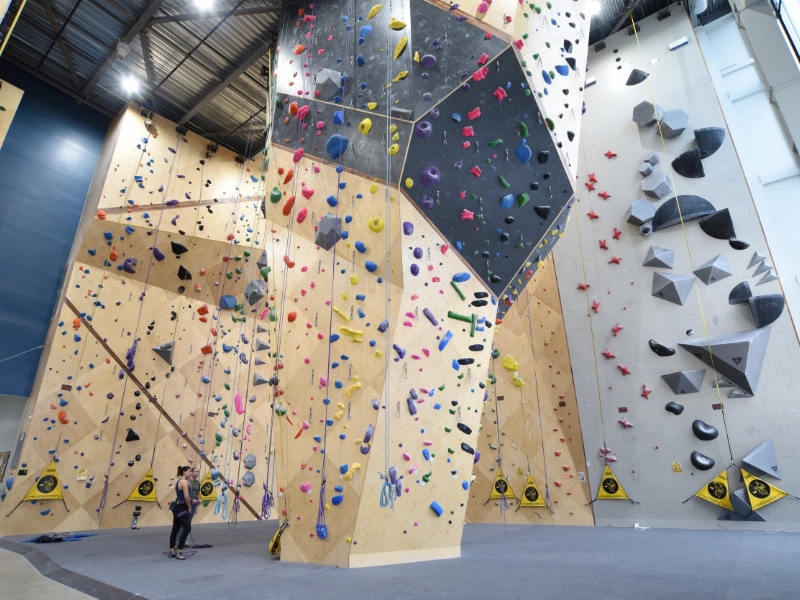
Climbing is a lean sport, so it's not surprising that many competitors struggle with weight control. Compared to participants in sports where there are no weight limitations, athletes report more eating disorder symptoms and stricter sporting body ideals (de Bruin et al., 2011).
It's crucial to remember that there is a nonlinear link between climbing performance and height. This implies that absolute strength-to-weight ratios, in addition to relative weight, play a role in climbing abilities.
Particularly for their sport, athletes who are very thin are unlikely to compete at a high level. This is due to the possibility that they lack the muscle to sustain their bodies while grasping the next hold or maintaining their balance on that thin piece of rock. Furthermore, these athletes' irregular eating patterns might lead to major health issues like anorexia. This is the reason it's critical that climbers who exhibit any red flags of an eating disorder seek the advice of a medical expert.
